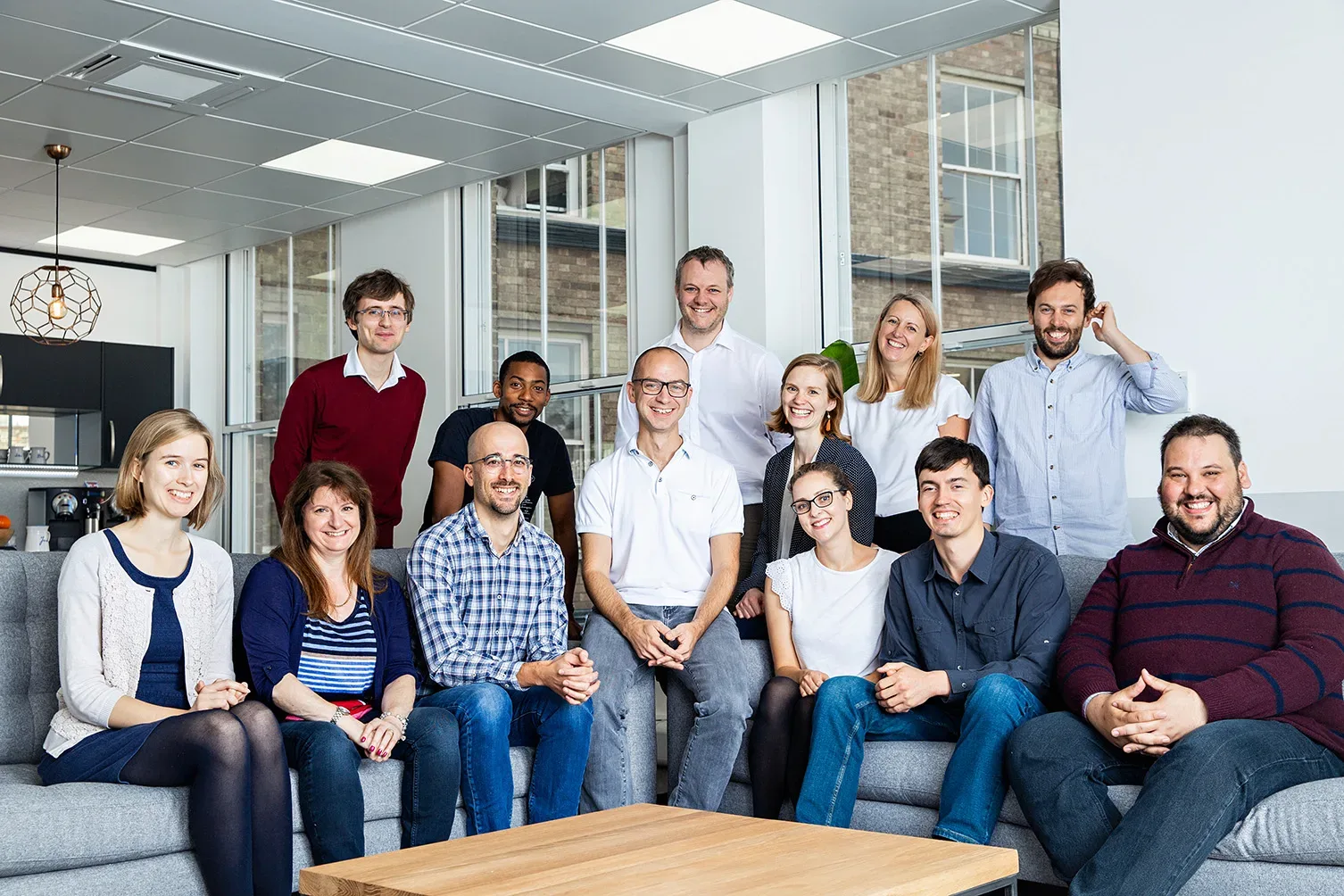Riverlane is a Cambridge UK based company that is developing a Quantum Operating System. The company is now leading a UK based consortium to create a system capable of controlling hundreds of qubits simultaneously across different types of quantum hardware. Funded by Innovate UK, a government backed funding body, the £6.8M project will apply machine learning techniques to find fast, automated, and scalable ways to calibrate quantum computers.
“Quantum computing is the moonshot of our generation; calibrating and tuning qubits in a scalable way is one of the major bottlenecks to developing multi-qubit quantum computers. We are excited to be leading such a high-calibre consortium to develop game-changing techniques that will maximise hardware performance and accelerate the UK quantum industry.”
Steve Brierley, Riverlane’s CEO
Increasing the number and fidelity of Qubits
As the world seeks a greater and greater number of qubits for use in applications, the hunt is on for ways to not only increase the number of qubits but to also optimise those qubits and avoid errors and of course control ever growing numbers of qubits. Using a machine learning approach to optimization should lead to greater numbers of qubits that can be useable for applications. Currently calibration is very time intensive. As the sheer number of qubits grows then, therefore becomes unscalable due to the fragility of qubits, which can collapse and lose information due to the smallest changes in the environment.
Here is the TL;DR if you want to keep it brief:
- Riverlane is leading a UK-based consortium to build a system capable of controlling hundreds of qubits simultaneously across different types of quantum hardware.
- Funded by Innovate UK, the £6.8M project will apply machine learning techniques to find fast, automated, and scalable ways to calibrate quantum computers.
- Calibration is an extremely important part of building a quantum computer. Qubits are fragile, and they need something akin to a life-support system to manage currently. This is a highly manual and complex process.
- The introduction of machine learning will find optimal ways of calibrating these qubits, and remove the need for scientists to do this manually.
“We are drawn to the hardest, most important problems that challenge us to push the limits of what we can do with technology, especially when the solutions have a transformative impact on the world. Tackling the calibration problem with our partners will unblock quantum computing and push the industry forward in ways that will prove life-changing on a massive scale.”
Brian Mullins, CEO at Mind Foundry
Deltaflow Control, a control system being developed by Riverlane, will manipulate hundreds of qubits simultaneously and can be used on multiple types of quantum hardware and therefore aim to be hardware agnostic. The Oxford based company Mind Foundry is applying machine learning techniques to find optimal ways to calibrate ever greater numbers of qubits.
“Every researcher that has characterised and tuned a quantum device has experienced how much experience it requires and how time consuming it can be. When we started a project in collaboration with Professor Osborne to apply machine learning to this challenge, we were not expecting the extent to which we could delegate these tasks to learning algorithms. These have been transformative for my lab and for others labs around the world with which we collaborate. We are now tremendously excited to unleash the potential of these approaches to allow for the scalability of quantum circuits in a vast range of device architectures.”
Professor Natalia Ares at University of Oxford
The United Kingdom is a hotbed of quantum expertise and the Quantum System is growing and developing strongly with a number of increasingly more vocal players such as Quantinuum and OQC. This consortium includes quantum hardware suppliers Oxford Ionics and SEEQC each representing different flavours of qubit hardware such as trapped ion and superconducting qubits. The University of Oxford will also provide access to semiconductor qubit circuits and expertise in tuning semiconductor quantum devices through Machine Learning-based techniques and NPL along with the University of Edinburgh setting the standards for measurement, ensuring validity and precision.
“In this project we have the ambition and the opportunity to dig deeper not only to perform the health checks at the application layer, but also to mitigate noise at the lowest hardware layer to cure outcome based on the results of the test obtained through verification in a dynamic way. We will bridge between today’s available NISQ devices and emerging fault tolerant computers while exploiting each physical qubit’s computational capacities in the most optimal way.”
Elham Kashefi, senior science team leader at QT hub and professor of quantum computing at Edinburgh

